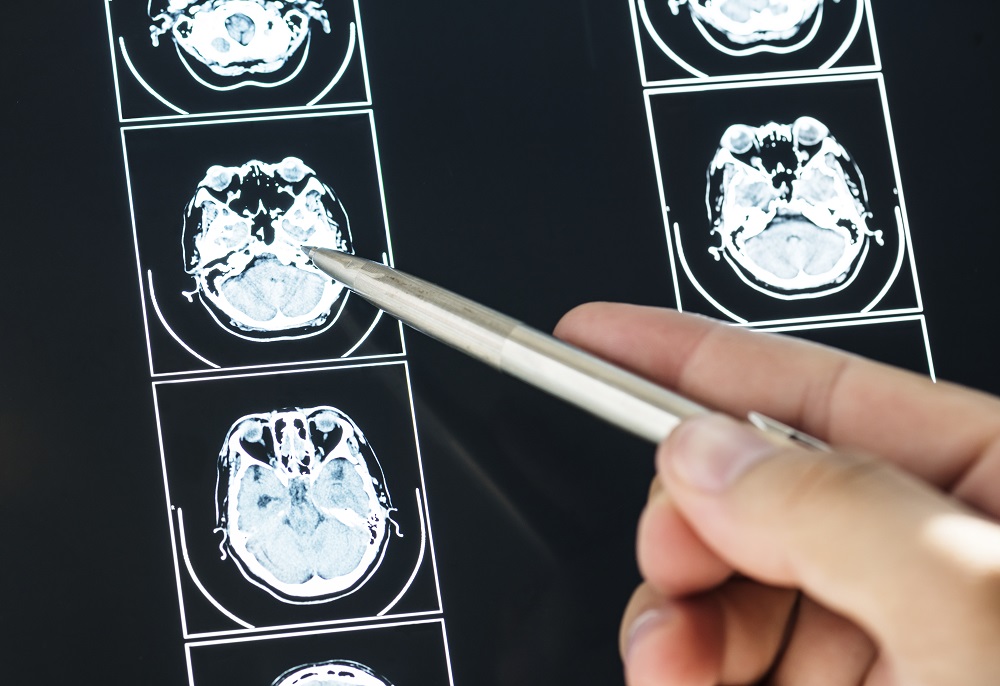It is crucial to recognize stroke symptoms as soon as possible to seek emergency medical attention. Here are some common signs to look out for:
Sudden Loss of Facial Function
One of the most recognizable symptoms of stroke is the sudden loss of facial function, which can manifest as a crooked smile or a drooping smile on one side of the face. If you notice that a person has difficulty smiling or their mouth appears to be drooping on one side, it could be a sign of stroke and medical help should be sought immediately.
Weakness or Numbness on One Side of the Body
Another common stroke symptom is sudden weakness or numbness on one side of the body, which may affect one arm, one leg, or both. The affected person may have difficulty moving or lifting a limb, which may be an indication of an ongoing stroke.
Difficulty Speaking or Understanding Language
Stroke can also affect a person’s ability to speak or understand language. They may experience difficulty articulating words correctly, forming coherent sentences, or understanding what others are saying. This sudden confusion in language is a major warning sign that should not be ignored.
Loss of Coordination or Balance
Some people who have a stroke may experience a sudden loss of coordination or balance, which may manifest as difficulty walking or standing. They may stagger, have difficulty moving in a coordinated manner, or even fall without an apparent cause.
Severe and Sudden Headache
In some cases, the stroke can be accompanied by a sudden, severe headache, which can be described as the worst headache anyone has ever experienced. This headache may be sudden and sharp, and may not respond to common pain relievers. If a person experiences such a headache along with other stroke symptoms, medical attention should be sought immediately.
Neurological Rehabilitation: The Crucial Role in Recovery
Once medical care has been received to treat acute stroke, the neurological rehabilitation process becomes essential on the path to recovery. Neurological rehabilitation is a comprehensive approach that focuses on helping people regain skills lost due to brain damage caused by stroke. This may include physical, occupational, and speech therapy, as well as other specialized treatments designed to improve cognitive and physical function.
Physical therapy
Physical therapy focuses on improving muscle strength, coordination and balance. Physical therapists work with patients to develop personalized exercise programs to help improve mobility and physical functionality.
Occupational Therapy
Occupational therapy focuses on helping people perform everyday activities and improving their functional independence. Occupational therapists can work on skills such as dressing, eating, cooking, and housework, adapting techniques to the patient’s individual needs.
Speech and Language Therapy
Speech and language therapy focuses on improving verbal and non-verbal communication, as well as addressing difficulties with swallowing and feeding. Speech therapists work with patients to improve articulation, language understanding, and other communication-related skills.
Conclusion
In summary, it is crucial to recognize stroke symptoms and seek emergency medical attention if you suspect someone may be experiencing this condition. Prompt medical intervention can make a difference in the outcome and improve the chances of recovery.
Additionally, neurological rehabilitation plays a crucial role in the recovery process, helping people regain lost skills and improve their quality of life after a stroke. Remember, never ignore stroke symptoms as every minute counts when it comes to this life-threatening condition.
Leave us your data to start your treatment







